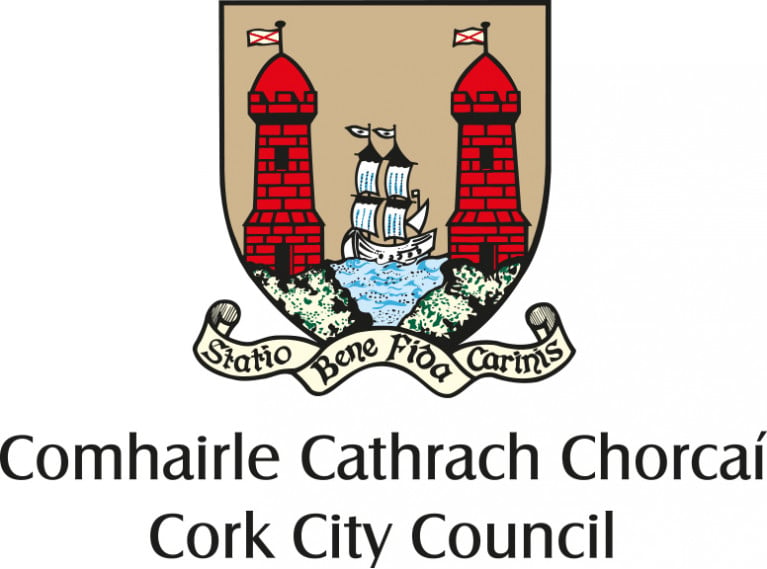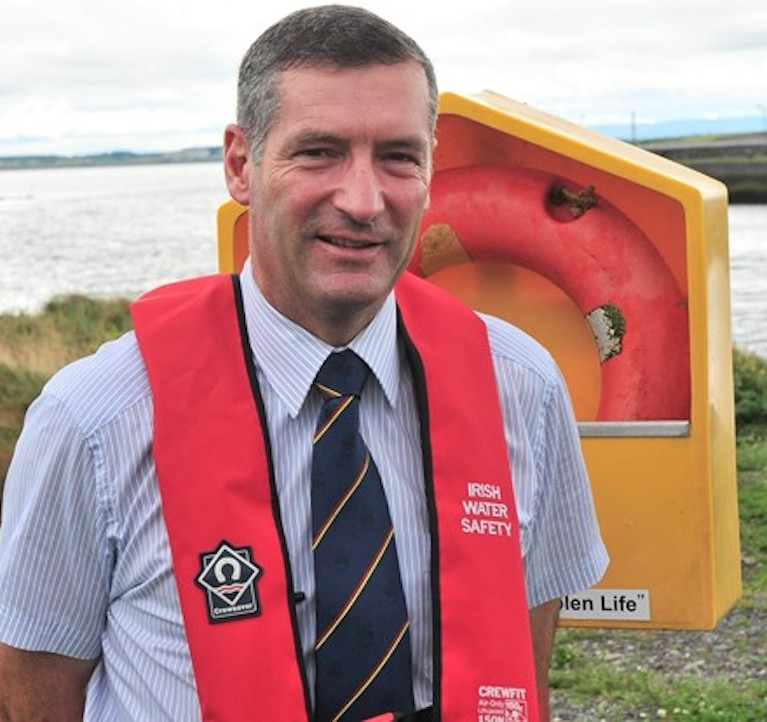Displaying items by tag: inflatable dinghy
Cork City Council Motion Seeks Ban on 'Dangerous' Inflatable Craft
A motion has been put before Cork City Council seeking a ban on 'dangerous' inflatable craft.
It has been lodged by Cllr. Ted Tynan on behalf of the Workers Party: "In light of the recent rescue by fisherman Gus O'Donovan and crew member Mathew Byrne of two men on an inflatable craft in Crosshaven, I want to bring to the attention of the Council the dangers of such craft on our shores. This is just one of several water-related recent incidents that could have resulted in tragedy. I welcome the call by Chief executive of Water Safety Ireland, John Leech, for a ban on inflatable craft, in order to prevent a tragic outcome in our waters.
"Referring to 'supermarket inflatables', Hugh Mockler, Deputy, Launch Authority at Crosshaven RNLI, where Gus has been a crew member, described these craft as “downright dangerous”.
"I, therefore, call on Cork City Council to introduce the necessary by-laws to ban the use of inflatable craft on our shores and beaches".
Water Safety Ireland Chief Wants a Ban on Inflatable Toys
It has been called "the summer of inflatables" by rescue service personnel – the number of emergency calls to adults and children using what have been described as "killer" or "dangerous toy boats."
Now, in an interview with Afloat, the Chief Executive of Water Safety Ireland, the statutory national water safety organisation has said he would welcome them being banned from beaches around the country.
This can be done, CEO of Water Safety Ireland John Leech said, by local authorities and politicians who are members of them using bye-laws to control local beaches.
Several local authorities are understood to be considering such a ban.
Mr.Leech said there is a lack of understanding by the users of these inflatables about the difference between offshore and onshore breezes which is crucial to safety.
John Leech said that this year because most Irish people were not holidaying abroad where they may have used these inflatables, this lack of understanding that conditions on Irish beaches would be different to those abroad, where breezes would blow back onto beaches whereas in Ireland they blew out to sea, was crucial to safety.
He said there were warnings on inflatable water toys when they were manufactured in European countries, but not when they came into Ireland from other countries, such as China.
In this week's Podcast interview below, he distinguishes between "inflatable toys" and stand-up Paddle Boards which have become popular, are rigid when inflated and recognised under the Recreational Craft Directive.
"We have to accept these are not toys. If they are used safely and correctly and if people recognise what the wind direction is doing there should not be an issue with them as long as people wear buoyancy aids and carry some means of communication so that if they do get into difficulty, they can call for help," the CEO said.
Listen to the Podcast below































































